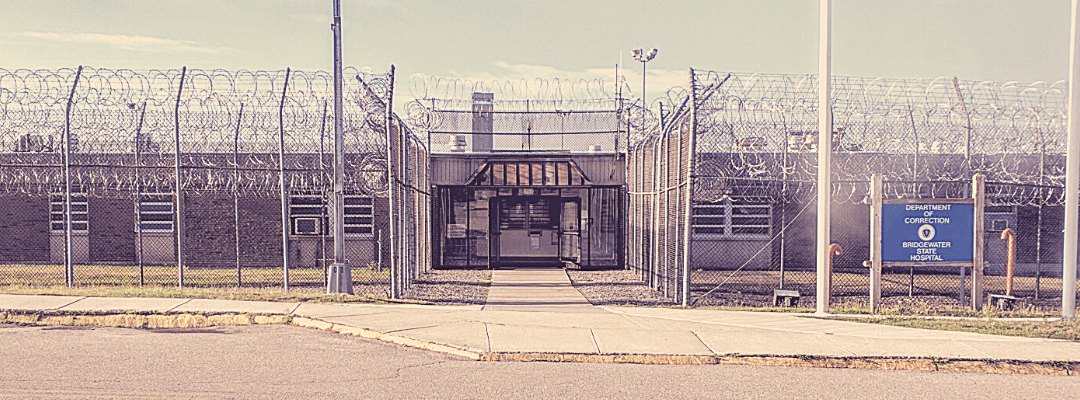Kevin Huckshorn, Ph.D. MSN, RN, CADC, was vacationing on Sanibel Island in 1992 when she received a call from her boss that she needed to go to Quail Ridge in South Miami, Florida, which, two days prior, had been slammed by Hurricane Andrew. She hopped in the car and headed southeast toward the Keys. As Dr. Huckshorn got into southern Dade County she took in the damage. There were no street signs or functioning lights. Palm trees had been stripped and stood like large toothpicks. Dr. Huckshorn grew up in Florida and was familiar with the havoc hurricanes can wreak. Even so, she found the aftermath of Andrew shocking. She managed to get lost, unsure of the city’s limits, and her only form of communication was a shoebox-sized mobile phone that wasn’t getting reception. “Eventually, I found a service center next to what had been a library but was now a massive two-story-high pyramid of twisted, wet books.” The structure itself, she says, had been peeled back by the storm like an opener taken to the lid of a tin can.
At the time, Dr. Huckshorn was the nurse consultant for Florida’s state psychiatric hospitals and would drive in a “massive state-long loop” from one state hospital to the next to check in and work with staff to improve care. For several months after Andrew, she focused her energies on helping the Quail Ridge community and the Army officers in whatever way she could, including water runs and setting up tent psychiatric walk-in clinics. What struck her was the resiliency of the community. “People’s survival and helping instincts kicked in; they were focused on the good of the group instead of the individual. It was like watching the human spirit in action.”
